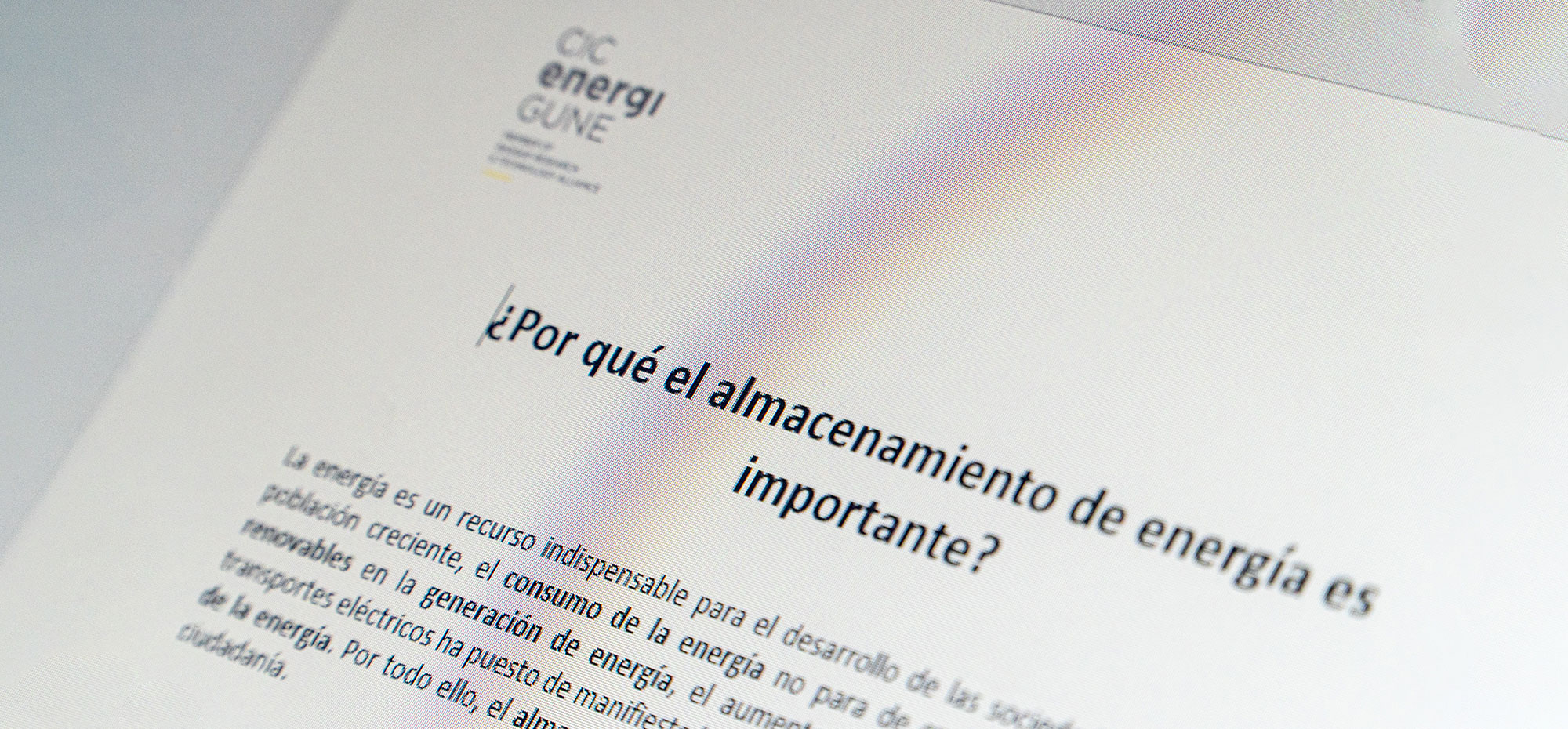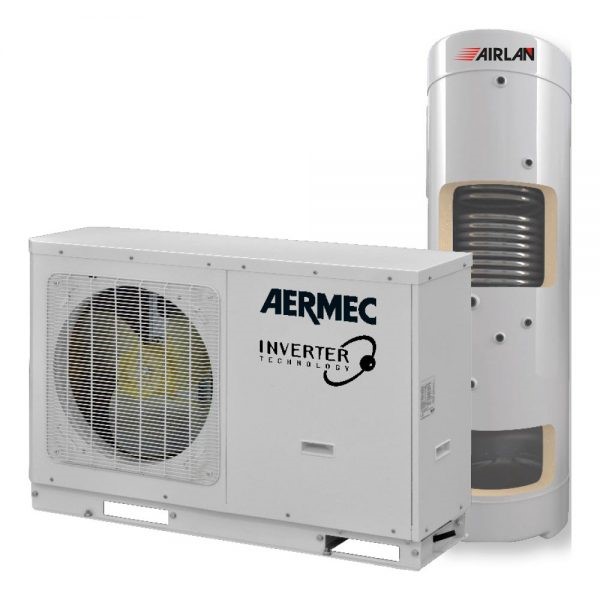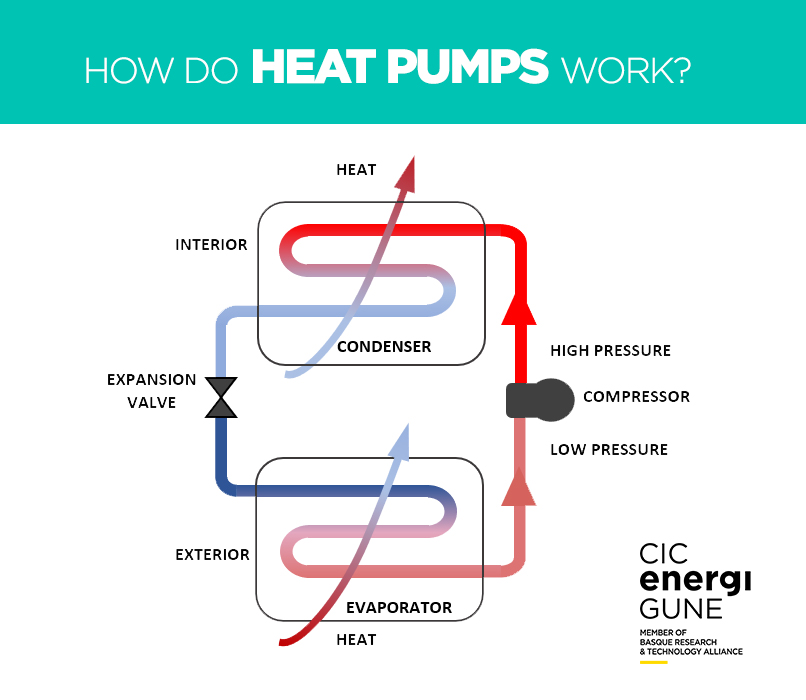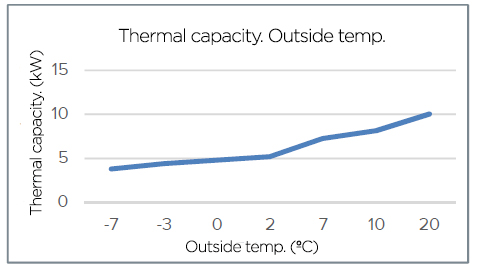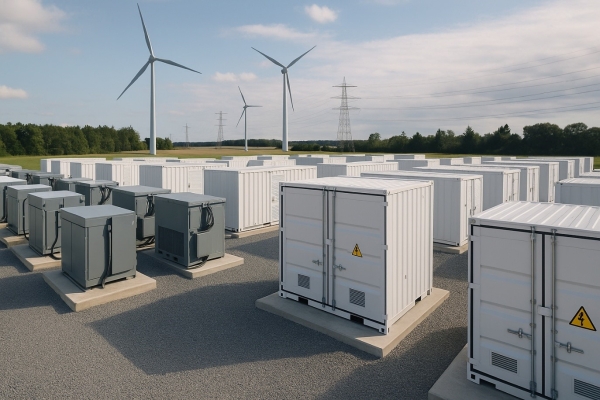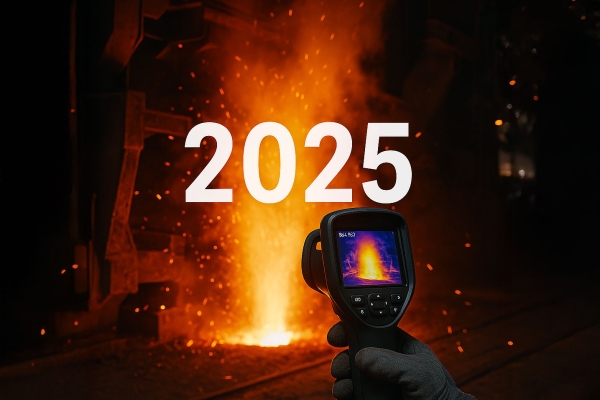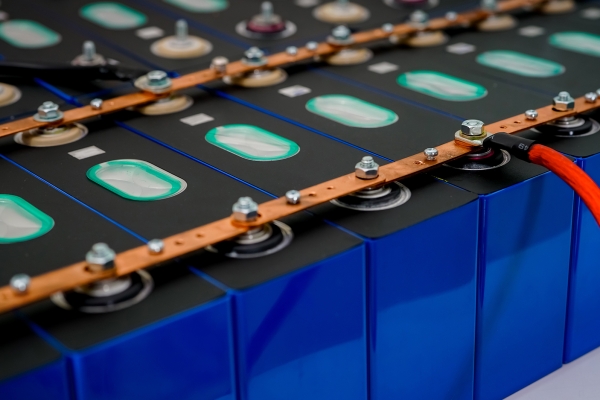For that reason, at the coldest times of the day, the heat pump may not be able to supply all the power needed for heating. In such cases, combustion boilers -with higher emissions and fuel consumption-, or electric boilers -with higher electricity consumption-, are normally used as a complement to meet this occasional demand.
Energy storage systems in heat pumps
Energy storage systems are used to reduce the use of boilers and improve the performance of the installation. This allows the heat pump to operate at high efficiency during the periods when the outside temperature is higher, and stores the heat produced for using it during the cooler periods of the day.
Therefore, having a high-capacity, low-cost thermal storage system that also takes up little space is key for improving the operating efficiency of heat pumps, and thus facilitating their implementation as an air-conditioning system.
Phase change materials (PCMs) are excellent for storing energy in these applications, as they can store large amounts of thermal energy as latent heat thanks to their phase changes (solid-liquid or solid-solid) while maintaining a constant temperature during the transition process.
These systems offer much higher storage density with a narrower temperature range between heat storage and heat release than those based on sensible heat - as with water tanks, which are predominant in many of today´s building-focused applications. Because of these properties, PCMs can be used as thermoregulating materials or as heat storages for narrow temperature ranges.
The use of heat pumps as an air-conditioning system is being promoted by governments through regulations such as the Directive 2018/2001 of the European Parliament and of the Council of 11 December 2018 on the promotion of the use of energy from renewable sources. This regulation supports heat pumps for the development of renewable heating and cooling by taking into account ambient energy of aerothermal, geothermal or hydrothermal type captured by this system. Meanwhile, Royal Decree 178-2021 amending the Regulation on Thermal Installations in Buildings, establishes that the use of heat pumps to cover air conditioning, domestic hot water production or swimming pool heating demands, complying with seasonal average performance requirements, will be considered as renewable energy.
In conclusion, the high efficiency of heat pumps, especially when combined with a low-cost thermal storage system such as the one developed at CIC energiGUNE, means that they are considered the ideal heating system for both the residential and industrial sectors.

